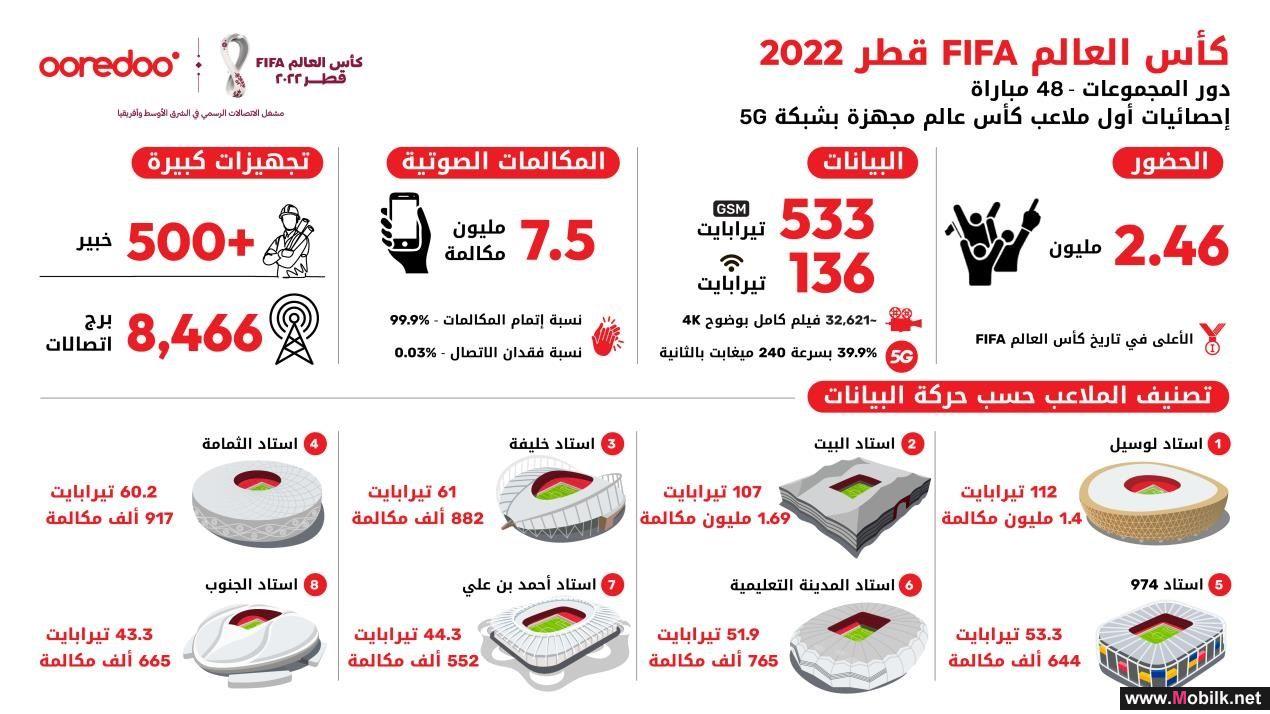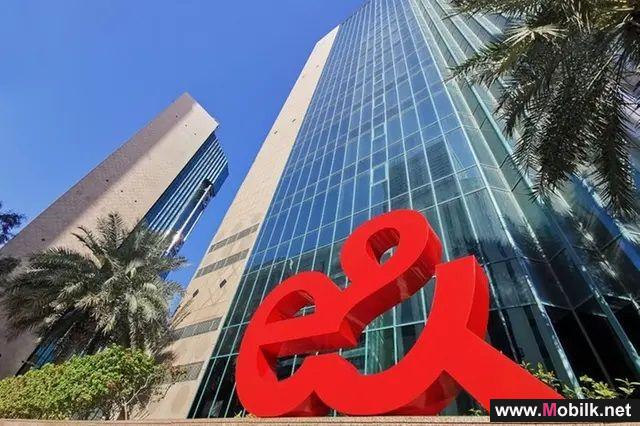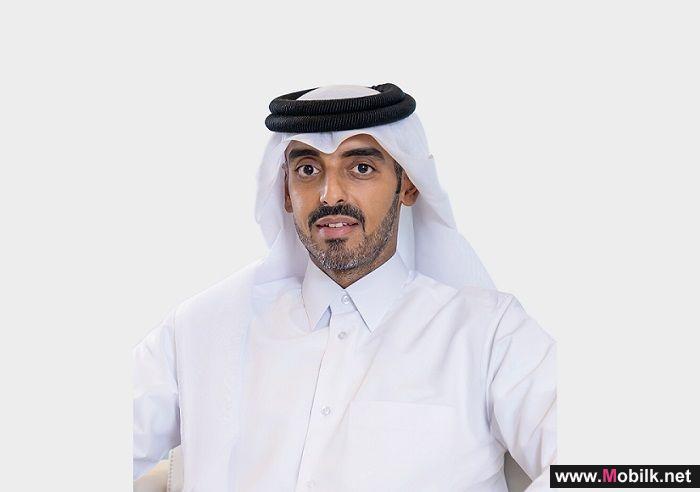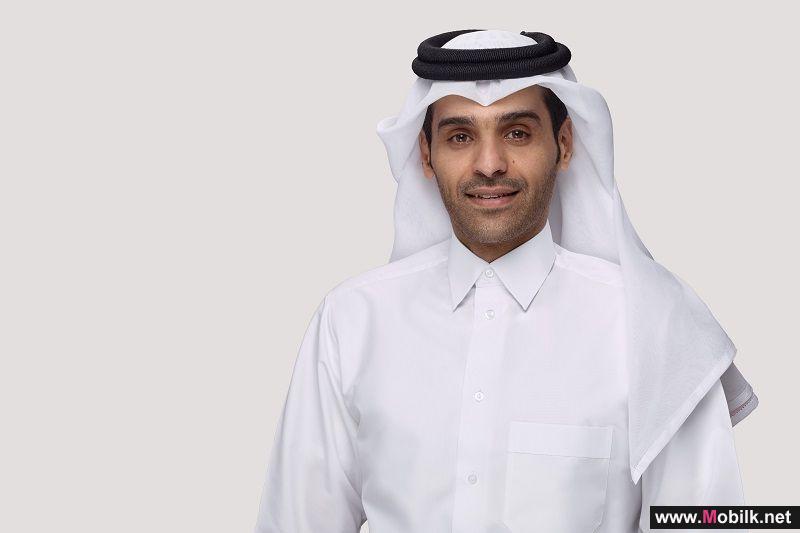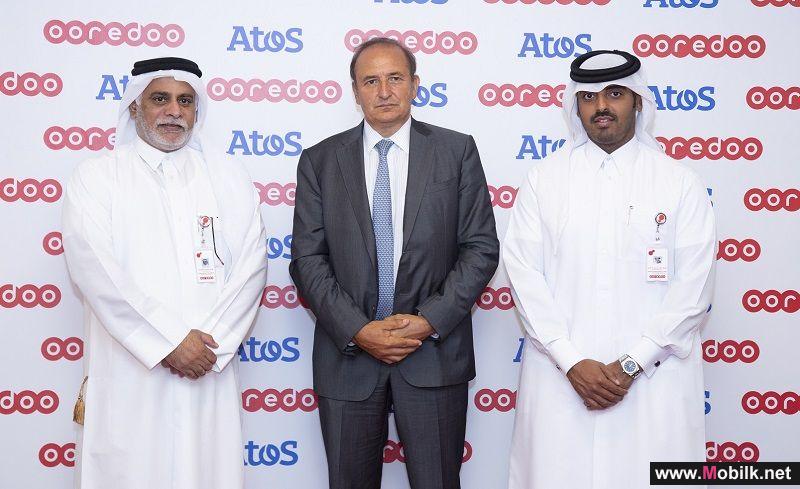Replace and Recycle Ozone-Depleting Halon Gas
2010-05-18 - 06:30
GMT
 Qatar
Qatar
Qtel has removed all cylinders of halon gas from its facilities, replaced them with the environmentally friendly fire suppression agent FM 200 gas, and last week, shipped the obsolete halon gas cylinders for recycling in the United States. This was the first and largest halon gas replacement and recycling effort carried out in Qatar.
Qtel’s Building and Engineering Service Department committed to a deadline of 22 April, Earth Day, for completion of this significant environmental initiative, and managed to complete this two-year process a week in advance.
Qtel initiated the removal of halon gas from its technical facilities in 2008, based upon advice from Qatar’s Ministry of the Environment in accordance with the Montreal Protocol Agreement. Qatar is a signatory to the Montreal Protocol Agreement, along with the 196 countries of the United Nations, all of whom agreed to phase out the use of halon gas by 2010.
“The 1987 Montreal Protocol on Substances That Deplete the Ozone Layer” is an international treaty designed to protect the ozone layer by phasing out the production of a number of substances believed to be responsible for ozone depletion.
Halon gas cylinders were removed from all Qtel facilities in Qatar by December 2008 and stored at the company’s Satellite Earth Station Complex at Mukhenis in a temperature-controlled environment. Disposal and decomposition of the 216 gas-filled cylinders was a more challenging project that would involve transporting the cylinders to the United States and a facility specially designated for this purpose.
For this effort, Qtel worked with a firm that specialises in the containment, packing and safe movement of halon gas. Over a period of three days this April, engineers prepared all halon gas cylinders for packing by securing safety caps and plugs to ensure safe movement. Temporary ramps were installed over steps and uneven surfaces so a trolley could move the cylinders from a storeroom to a ground floor holding area. There, cylinders were packed and secured on pallets, which were then loaded by forklift onto a 40-foot-long, temperature-controlled transport truck (maintained at +26 Celsius).
The container truck was packed in three stages, secured at each stage by special straps and timbers to avoid any slippage en route.
The Montreal Protocol calls for a specific recycling process for halon gas involving decomposition by incineration in special facilities. No such facilities exist in Qatar, so Qtel’s halon gas cylinders were shipped from Doha to a decomposition plant in the U.S.
Qtel is dedicated to reducing its environmental footprint. Among the company’s environmental actions in the past two years are outdoor site sharing with another mobile provider in Qatar; the initiation and funding of research on Radio Frequency radiation from wireless networks; working with the government of Qatar to reduce electronic waste; the introduction of biodegradable scratch cards for mobile customers, replacing PVC cards that resulted in environmental waste; the support of Earth Hour 2019 and 2010; reducing the use of paper in all company operations; the introduction of paperless billing; and increasing the awareness of Qtel employees so that they can act as environmental ambassadors to the wider community.
 Ooredoo Qa
Ooredoo Qa
The Qtel "Ooredoo" Group is a leading international communications company, with a significant presence in the MENA region and Southeast Asia, and having a consolidated customer base of 83 million as of December 2011....
Service providers
Ooredoo Group has announced its participation at Mobile World Congress (MWC) for the 2023 edition of the event in Barcelona, Spain. ..
Service providers
Official Middle East & Africa Telecommunications Operator of FIFA World Cup Qatar 2022™- has released figures confirming the incredible demand for..
Service providers
Ooredoo, the official Middle East and Africa Telecommunications Operator of the FIFA World Cup Qatar 2022™, signed a partnership with NR Sports to..

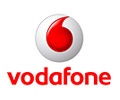 Vodafone Oman
Vodafone Oman Emirates Telecom
Emirates Telecom 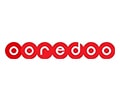 Ooredoo Om
Ooredoo Om Ooredoo Qa
Ooredoo Qa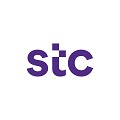 stc Bahrain
stc Bahrain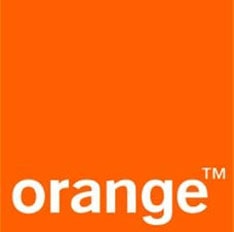 Orange Egypt
Orange Egypt Mobily
Mobily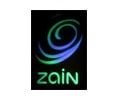 Zain Jo
Zain Jo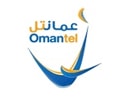 omantel
omantel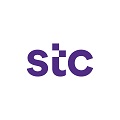 STC
STC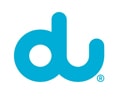 Emirates Du
Emirates Du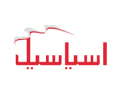 Asiacell
Asiacell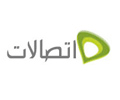 Etisalat Egypt
Etisalat Egypt 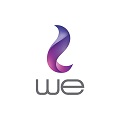 Telecom Egypt
Telecom Egypt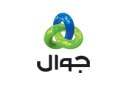 jawwal
jawwal Orange Jo
Orange Jo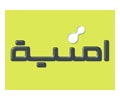 Umniah
Umniah Zain Sa
Zain Sa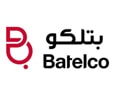 Bahrain Batelco
Bahrain Batelco Zain Bh
Zain Bh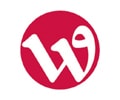 Wataniya palestine
Wataniya palestine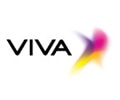 Kuwait Viva
Kuwait Viva  Zain Kw
Zain Kw Vodafone Qa
Vodafone Qa MTN Syria
MTN Syria Syriatel
Syriatel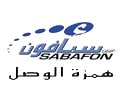 Sabafon
Sabafon Zain Iq
Zain Iq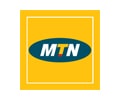 MTN Yemen
MTN Yemen Ooredoo Kw
Ooredoo Kw Vodafone Egypt
Vodafone Egypt 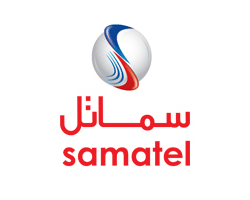 Samatel
Samatel Huawei
Huawei Samsung
Samsung MOTOROLA
MOTOROLA Alcatel
Alcatel Lenovo
Lenovo LG
LG Nokia
Nokia Sony Ericsson
Sony Ericsson HTC
HTC BlackBerry
BlackBerry Siemens
Siemens Acer
Acer Sony
Sony Asus
Asus VK
VK APPLE
APPLE BenQ-Siemens
BenQ-Siemens Sagem
Sagem Eten
Eten HP
HP Panasonic
Panasonic Amoi
Amoi Toshiba
Toshiba Sharp
Sharp Sonim
Sonim Bird
Bird Mitac
Mitac Philips
Philips Pantech
Pantech Vertu
Vertu Micromax
Micromax Maxon
Maxon Haier
Haier I-mate
I-mate Gigabyte
Gigabyte I-mobile
I-mobile Kyocera
Kyocera BenQ
BenQ Telit
Telit Microsoft
Microsoft Connect
Connect Sendo
Sendo SEWON
SEWON Mitsubishi
Mitsubishi DELL
DELL Thuraya
Thuraya NEC
NEC Qtek
Qtek Be
Be Neonode
Neonode Bosch
Bosch MWG
MWG Palm
Palm XCute
XCute Fujitsu Siemens
Fujitsu Siemens WND
WND INQ
INQ Innostream
Innostream O2
O2 Benefon
Benefon Google
Google





